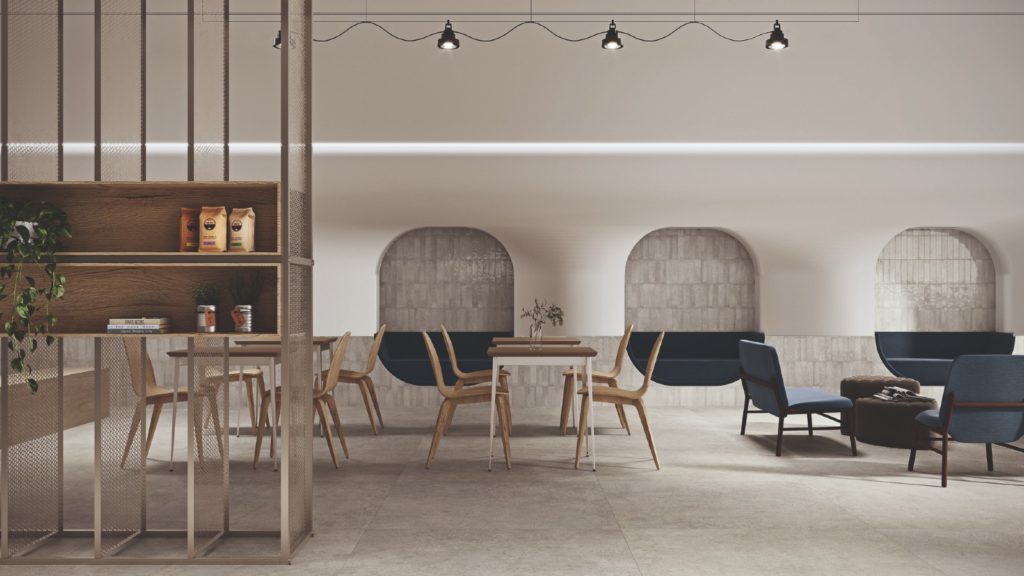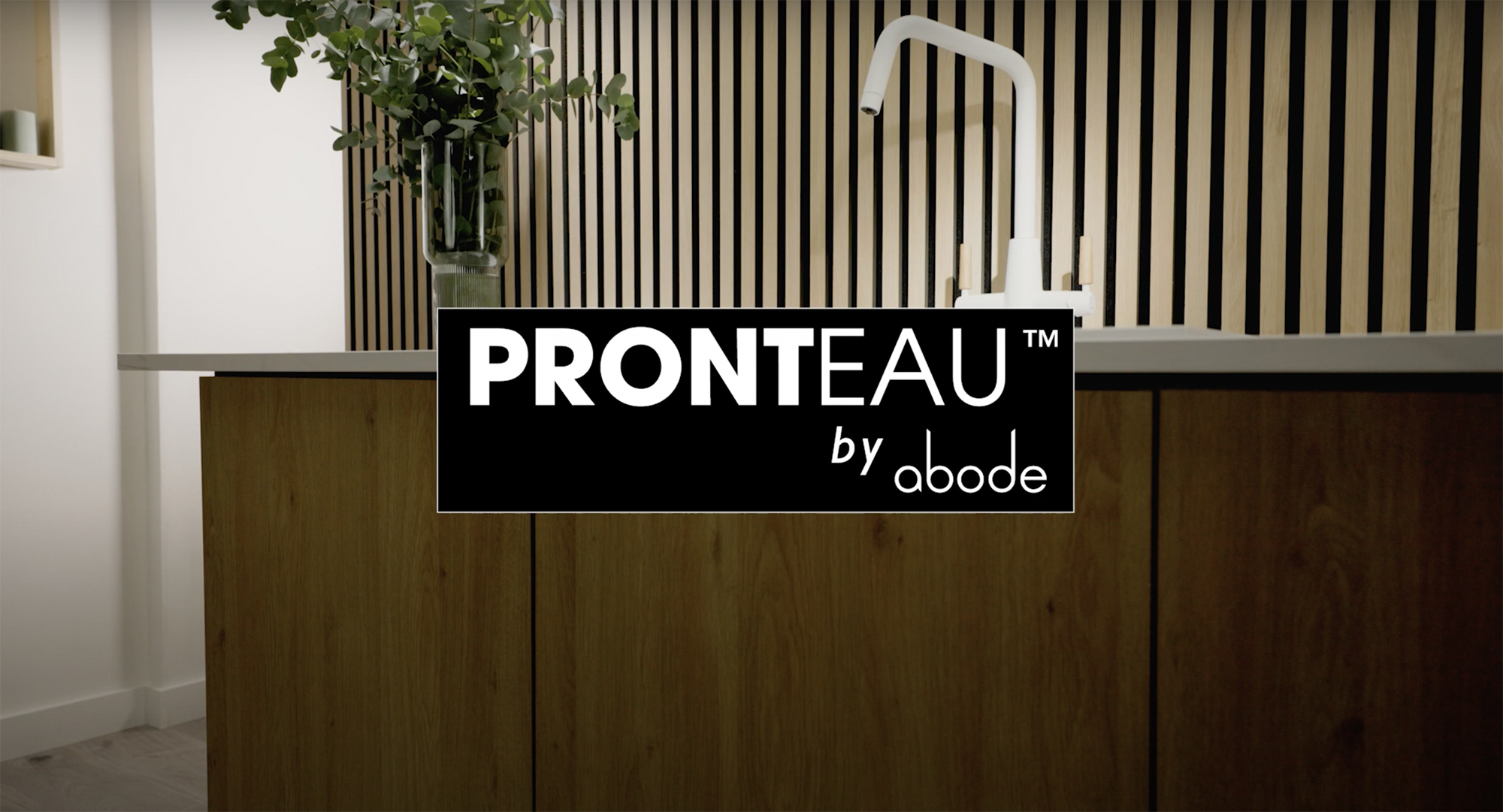Good spatial design improves people’s health, according to 67% of interior designers, and can encourage people to spend more in store.

The study “The New Habitat 24-25”, promoted by APE Grupo, analyses the future of design in the spaces where we live and work: homes, hotels, offices and retail.
It found homes become emotional and inclusive, offices seek to retain talent, hotels aspire to create connections through lifestyles and businesses focus on customer experience.
Sponsored Video
According to 66.6% of interior design professionals, a good design improves people’s health, and is one of the fundamental pillars when creating spaces.
As a result, 98% of interior designers take well-being into account when designing their projects.
In addition to well-being, one of the most important values remaining in the wake of the pandemic, environmental impact is gaining significant weight.
The percentage of professionals who apply sustainability criteria to their designs has risen from 66% in 2021 to 80.9% in 2023.
Research found homes are smaller and healthier and becoming inclusive of the older generation, with young people redefining the concept of the home as a feeling.
In 2023, the most important trend in households is to design more sustainable and energy-efficient homes.
Inclusivity is also gaining importance, with spaces designed for older people with different needs.
And ‘homes with a soul’ are on the rise, with designers reflecting the values, memories and feelings of those who live in it and reinvented shared spaces to accommodate the communal living trend.
It found offices are adapted to focus on employee well-being, with natural light and flexibility as priorities, and a growing interest in outdoor working.
Sustainability was also considered an important aspect, with 81.2% of designers applying sustainable criteria when designing offices
The survey reported hotels are adopting a guest-focused approach to foster more emotional relationships, with the challenge faced by designers to help hotels expand their services, such as members-only clubs and pet-friendly spaces.
According to a third of professionals (34%), investment in interior design in the hotel sector will double in the next year. So much so that interior design will contribute up to 63% of a hotel’s revenue.
Whereas the rise in e-commerce is forcing brands and shops to focus on giving consumers a unique experience in retail environments and to take advantage of screen fatigue.
The APE Grupo study research also found retail environments are no longer just about selling products, but creating a symbolic space and offering a wide range of experiences.
It revealed 40% of professionals consider this to be the most important aspect when designing a retail space.
Designers maintain immersion is an essential part of the retail experience, even more so than the way in which products are displayed.
According to Deloitte data, customers are willing to pay 20% more for a customised and exclusive product.
The research finds shops have become a focal point for creating a community and prioritising the role of the company over the business.
Conducted by the specialised consultancy firm Futurea, the study saw the collaboration of more than 400 interior designers, as well as a panel of experts made up of 10 designers who work all over the world: Merry Design Studio, More & Co, Urbano by U, Trenchs Studio, Ideas Interiorismo, Made Studio, El Equipo Creativo, Denys & von Arend, PimPam Studio and Ciszak Dalmas.



